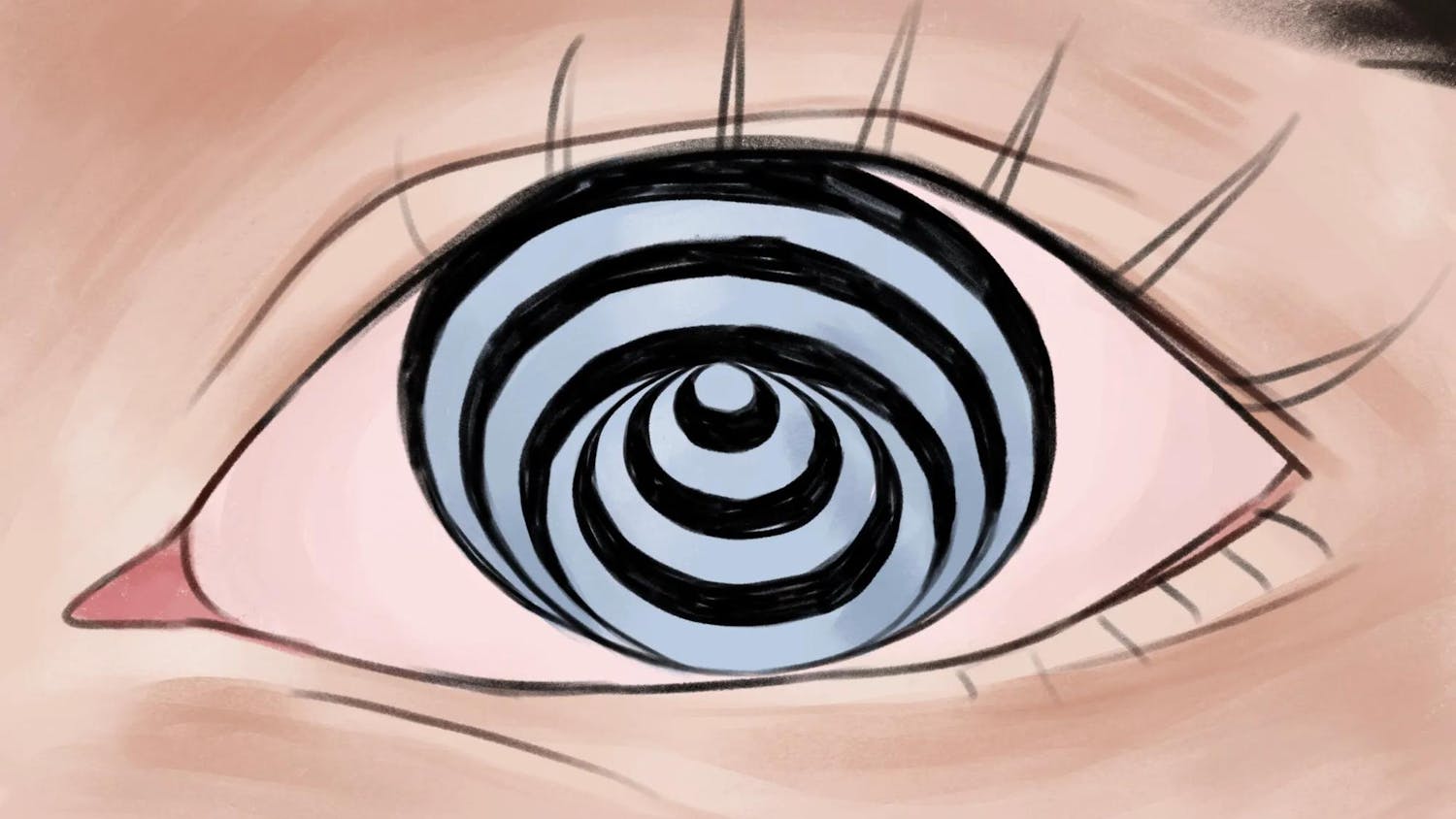Gene prolongs aging in flies
Until recently, researchers believed that mutations in the “I’m Not Dead Yet” gene, Indy, occurred only in laboratory fruit flies. But, as explained in a study published online Jan. 31 in the journal Aging, the mutation also exists in wild fruit flies, according to a University press release.
Indy is a gene that has been shown to increase the life span of laboratory fruit flies, according to the release. Researchers had previously wondered why a mutation so beneficial would not exist naturally in the wild, said Professor of Biology Stephen Helfand, a researcher involved in the study, in the release.
The researchers found that wild fruit flies have a mutation to the Indy gene that involves insertion of a transposable element called Hoppel. The study, led by postdoctoral scholar Chen-Tseh Zhu, shows there are two main positive effects of this mutation, according to the release.
Heterozygous fruit flies with Hoppel insertions on one Indy gene laid more eggs than both fruit flies without the insertion and homozygous fruit flies with the insertion on both genes in the study. Both fruit flies with the insertion on one gene and those with the insertion on both genes lived longer than fruit flies without it.
This study is among the only ones that have shown the potential advantageousness of inserting a transposable element into a gene, Helfand said in the release.
Professor to serve on task force
Maureen Phipps, chair and professor of obstetrics and gynecology and epidemiology, was recently appointed by the U.S. Department of Health and Human Services to the U.S. Preventive Services Task Force, according to a Women and Infants Hospital press release.
The task force is a panel of non-federal experts and researchers who publish recommendations about “clinical preventive services, such as screenings, counseling services or preventive medicines,” according to the release.
Phipps’ research focuses on various pregnancy-related issues, including contraception, postpartum depression, prenatal care and adolescent pregnancy, according to the release.
Dennis Keefe, president and CEO of Care New England Health System, said in the release that he approved of the appointment. “We are so pleased that, through her involvement with the U.S. Preventive Services Task Force, Dr. Phipps will have an even stronger voice in transforming the future of health care for generations to come,” he said.
Neuroscience professor wins grant
Earlier this month, Christopher Moore, associate professor of neuroscience, received a $150,000 grant from the Brain Research Foundation in Chicago, the Providence Journal reported.
Moore was one of 80 people to apply for the grant and one of three who received money from the foundation, the Journal reported.
With the money, Moore plans to investigate how neurons communicate with each other, which could inform research relating to Parkinson’s disease and epilepsy, the Journal reported. The goal of this research would be to reduce the intrusion and pain related to treatment of these diseases.
ADVERTISEMENT




